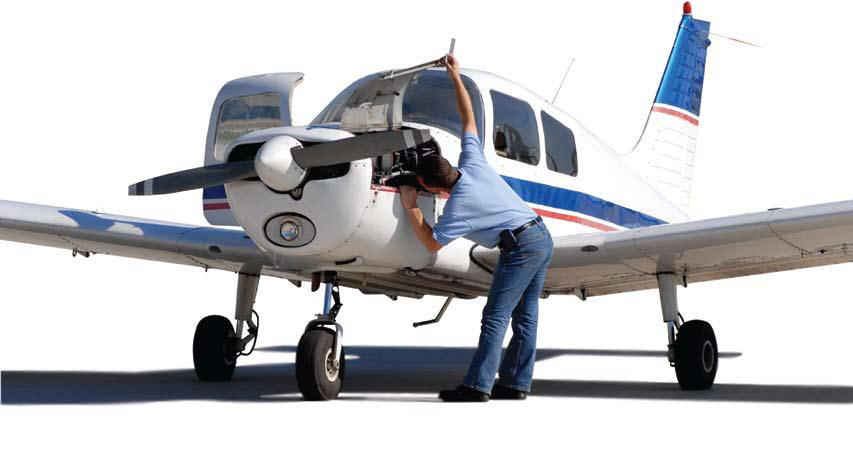
 |
NEWSROOM |
|
|
HOME LATEST NEWS - BOOKS YOU CAN READ ONLINE EDITORIALS AVIATION HISTORY |
|---|
|
|
||||
TSA Revises Airport Security Directive For Transient PilotsBy Dana Murphy |
||||

|
June 1, 2009, Transportation Security Administration (TSA) has issued a revision to its commercial airport Security Directive 1542-04-08F (SD-8F) now contained in SD-8G, states: “For transient pilots, they will not be required to have airport badges or background checks from any of the non Home-Based airports they visit. Transient pilots are advised to remain in the footprint of their aircraft and to and from fixed-based operator, service provider or airport exit. Special allowance will be given to transient pilot operators in the AOA (Airport Operations Area) who are fueling or in emergency status.” Home-based pilots who have leased space or are part of a tenant program will be required to comply with “badging requirements unless alternate measures have been approved by the airport operator, such as an escort program. |
|||
|
EAA reports in a news release that they have several continuing concerns over the SD’s impact on pilots, including those with multiple bases of operations; after-hours aircraft operations; self-fueling operations; and other normal airport activities including EAA chapter events. EAA is still seeking an official list of the affected airports that are required to participate in the program, which TSA has so far not provided. EAA is urging pilots to ensure that their preflight planning includes obtaining the most current security information at all airports they plan to fly to and from, particularly if they suspect that commercial operations serve the airport, even infrequently. This means not just large hub airports but approximately 400 airports nationwide, many of which can be found in class C and D airspace. Meanwhile EAA is continuing to address the more systemic problem of TSA issuing sweeping new requirements on entire populations via internal policy changes. TSA is exercising broad regulatory discretion in the application of Security Directives (SD) that are not subject to the Administrative Procedures Act (APA). |
||||
| ©AvStop Online Magazine Contact Us Return To News | ||||